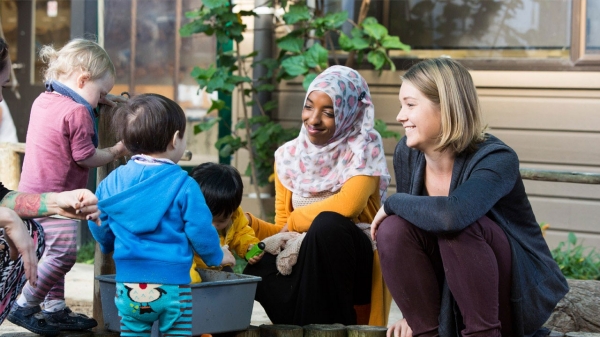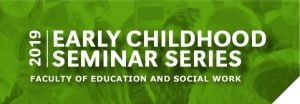In this seminar, led by Viktor Johansson (Södertörn University) and Andrew Gibbons (Auckland University of Technology), participants are invited to explore ideas on the child as a philosopher, in order to reflect on forms of meaning-making.
The philosopher Stanley Cavell argues that in encountering children’s hard questions, “I may take the occasion to throw myself back upon my culture, and ask why we do what we do, judge as we judge, how we arrived at these crossroads.” Cavell goes on suggest that in such philosophical encounters with childhood, “I have to bring my own language and life into imagination.” In these encounters the early childhood centre community is engaged in the rich and enduring questions concerning life.
Taking Cavell’s work as a provocation for the ways in which adults engage with a child’s experimentation with language, Jeff Frank shows how teachers might productively step back from, and respond differently to, the ways in which children experiment with the making of meaning. Through careful attention to children’s dialogue, the essence of making meaning can be sensed.
The session will begin with some questions about Cavell’s work and what it offers to early childhood research and practice. The questions of interest in this seminar are open questions, avoiding the idea that there is any kind of instrumental approach to working with children as philosophers, but at the same time recognising that through both reflection and dialogue we can get excited by the possibilities of more meaningful and enduring connections with people, places and things.








